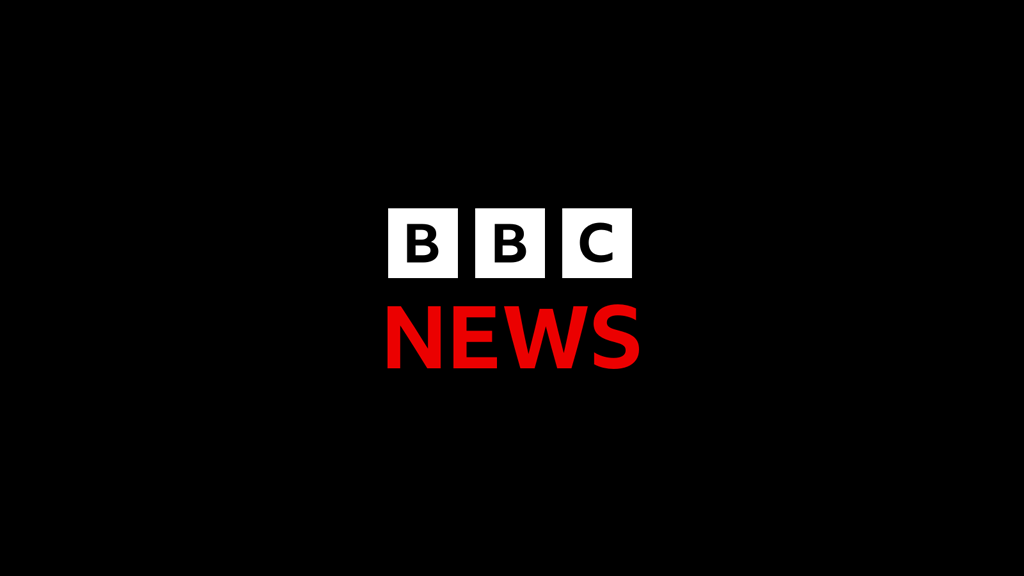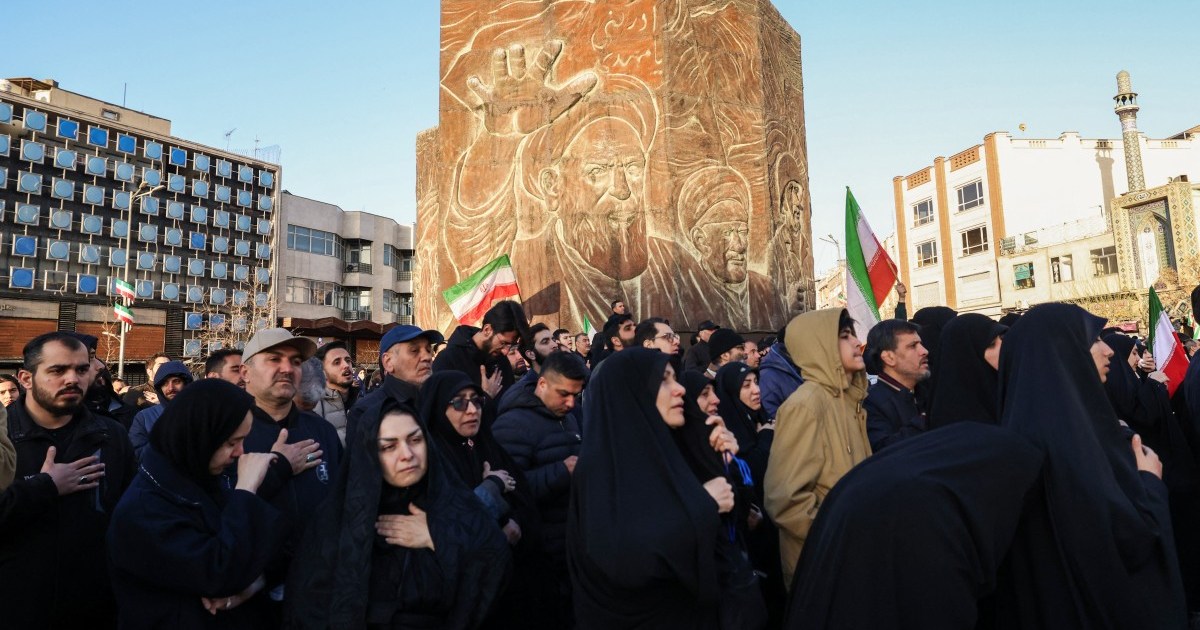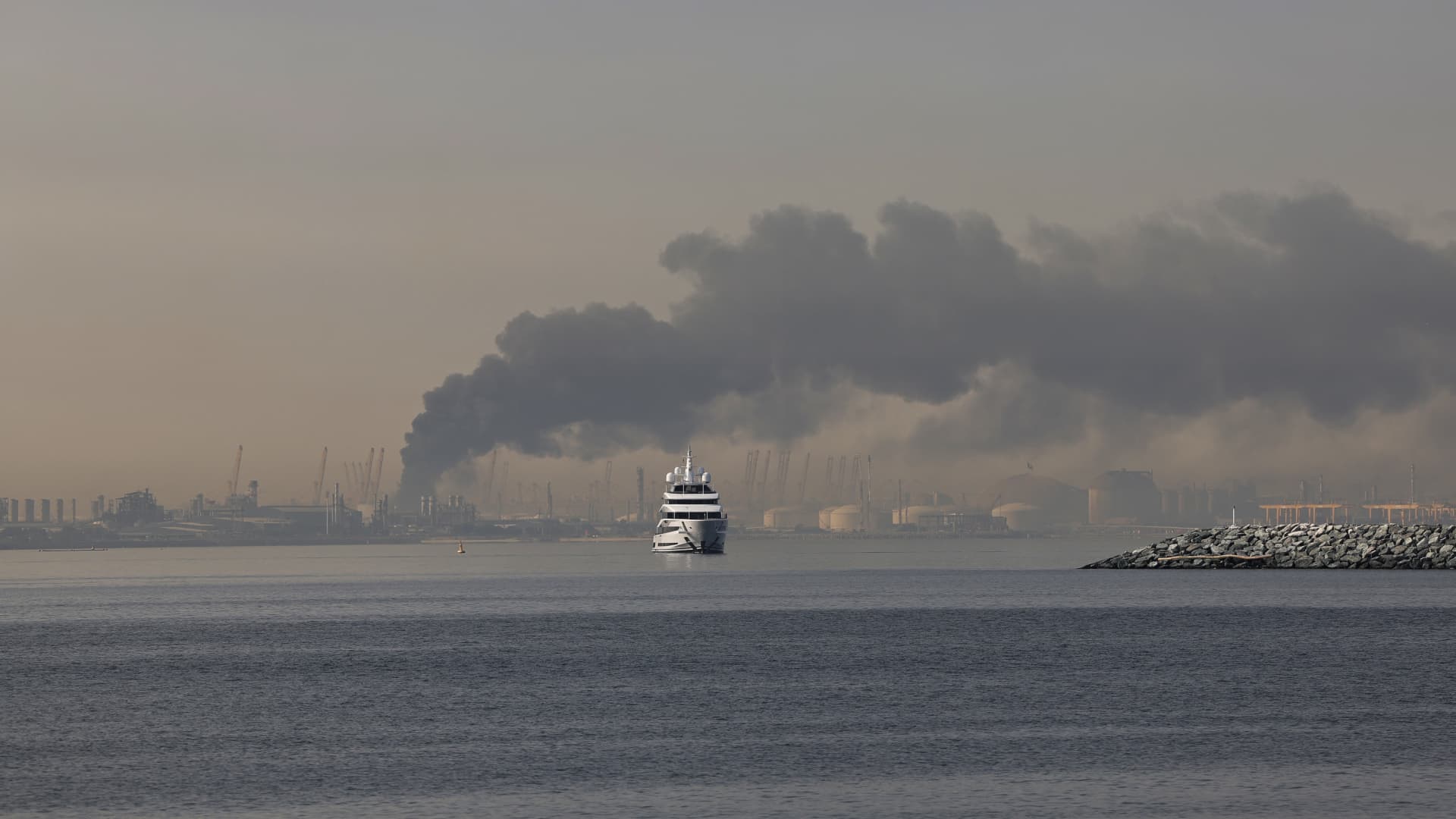Ayatollah Ali Khamenei, the supreme leader of Iran, has died aged 86 in a large-scale air attack on the country by the US and Israel. He presided over a complex theocratic system that was enforced brutally at home, and sought to influence the…
Category: 2. World
-

Strike on Iranian primary school kills dozens, authorities say
Unlock the Editor’s Digest for free
Roula Khalaf, Editor of the FT, selects her favourite stories in this weekly newsletter.
A primary school in southern Iran was struck during Saturday’s joint US-Israeli military operation, killing at least…
Continue Reading
-
More flights cancelled as Iran conflict shuts Mideast hubs – France 24
- More flights cancelled as Iran conflict shuts Mideast hubs France 24
- Flights cancelled and new travel warnings issued after Iran strikes BBC
- PIA joins worldwide rush to halt Gulf flights amid war Dawn
- Airspace closures following Israeli and US…
Continue Reading
-

UK bases in Middle East at risk of ‘increasingly indiscriminate’ attacks by Iran, Healey tells BBC
Healey says UK bases at risk of ‘indiscriminate’ attacks by Iranpublished at 10:16 GMT 1 March
That’s all from this week’s Sunday with Laura Kuenssberg, here’s a quick reminder of what we heard:
UK Defence Secretary John…
Continue Reading
-

US-Israel attacks on Iran: List of key events day 2 | Explainer News
EXPLAINER
Iran carries out retaliatory attacks as supreme leader is killed in US-Israeli attacks pushing the region to the edge.
Published On 1 Mar 2026
Continue Reading
-

Nine dead in missile attack on Beit Shemesh, Israel as Iran strikes
Qatar, Bahrain, Jordan and Kuwait – all home to US military bases – said they had intercepted missiles fired towards them, but falling debris appeared to have caused widespread damage.
On Sunday, a further drone strike on the US Navy’s 5th fleet…
Continue Reading
-

Death toll in Israeli strike on southern Iran school hits 148 | Israel-Iran conflict News
Officials reported the death toll from the attack on the Shajareh Tayyebeh girls’ elementary school in Minab.
Published On 28 Feb 2026
|
Updated: 36 minutes ago
Continue Reading
-

Israel says it has struck Tehran again, following death of Khamenei
Israel says it has carried out more strikes in Tehran
Israel said Sunday it has carried out more strikes against Iran’s government in the capital.
“The Air Force, guided by Military Intelligence, has now launched a broad wave of strikes toward…
Continue Reading
-
Dubai’s Worst Nightmare Unfolds as Iran Strikes Neighbors – Bloomberg
- Dubai’s Worst Nightmare Unfolds as Iran Strikes Neighbors Bloomberg
- More blasts rock Dubai, Doha and Manama as Iran targets US assets in Gulf Al Jazeera
- Nine dead in missile attack on Israel as Iran strikes region BBC
- Explosions rock Dubai,…
Continue Reading

